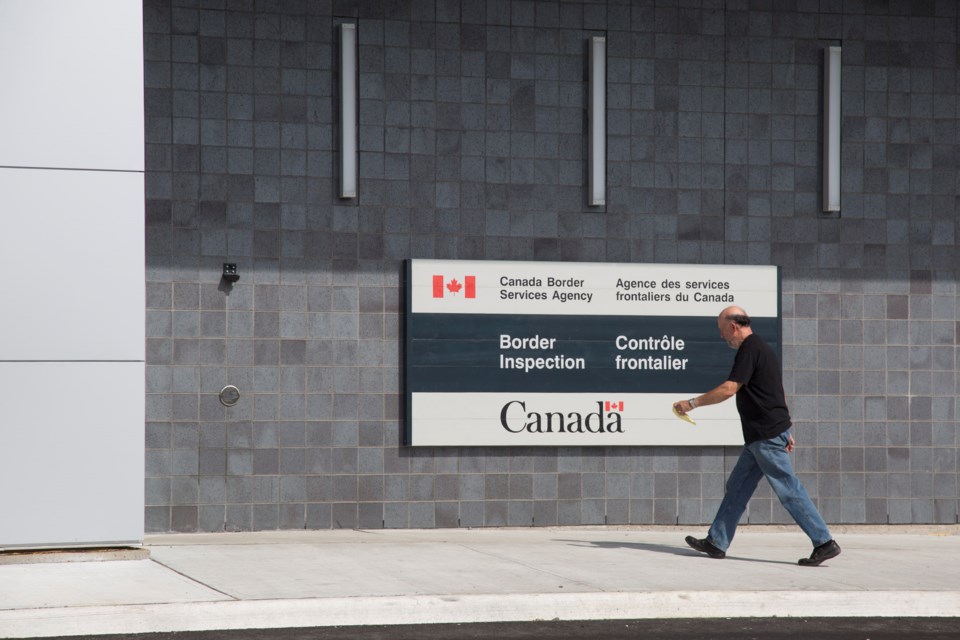Premier Doug Ford is implementing stricter mandatory testing for those coming into Ontario from outside the province.
The mandatory testing order for international travellers will come into effect on Monday at noon at Toronto's Pearson International Airport, and will soon apply to land border crossings between provinces and the U.S. in Ontario. Those who refuse, Health Minister Christine Elliott says, will be issued a ticket. The ticket starts at $750.
Right now, Elliott said the testing which starts Monday applies primarily to international travellers coming through Pearson, and that the government is still working out how the testing process will work for essential workers who have to cross land borders between provinces or between Canada and the U.S. on a regular basis.
Ford cited concerns about the COVID-19 U.K variant linked to international travel as part of the reason for the new order.
This announcement by the province comes on the heels of the federal government's announcement that mandatory COVID-19 screening for non-essential travellers will apply at Canada-U.S. land borders (even though non-essential travel is currently prohibited).
Prime Minister Justin Trudeau said this morning that non-essential travellers will have to show a negative test at the land border with the U.S. He also said his government is "working to stand up additional testing requirements for land travel."
Ford said that, while he welcomes the federal government's new measures, they won't be in place for a few weeks and "that is a few weeks too long." He said this six-point plan will act as a stop-gap until the federal government's plan is underway.
The plan includes enhanced screening and sequencing to identify the new variants, maintaining public health measures to keep people safe, strengthening case and contact management to track the spread of new cases, enhanced protections for vulnerable populations, and leveraging the latest data to inform public health decisions.
